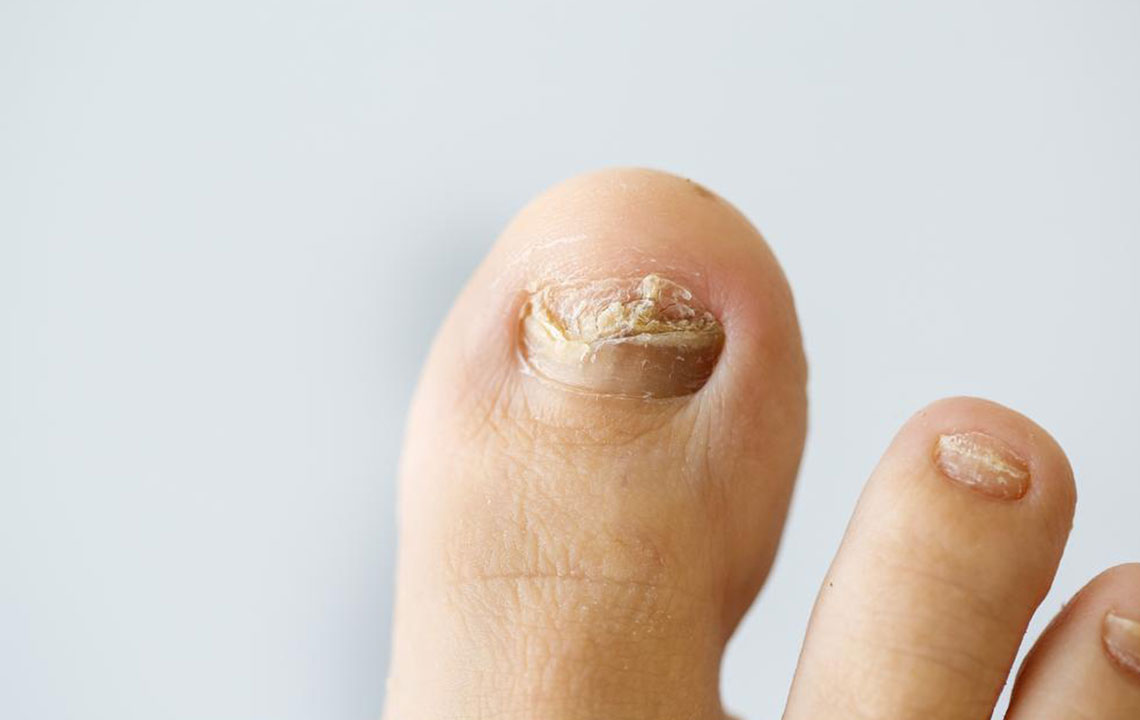Effective Strategies for Managing and Preventing Clostridium difficile Infection
This article explores comprehensive approaches for treating and preventing Clostridium difficile infection, emphasizing antibiotic use, surgical options, innovative FMT procedures, probiotics, and hygiene practices to safeguard gut health and reduce infection risk.
Sponsored

Managing and Preventing Clostridium difficile Infection
Clostridium difficile infection affects over half a million Americans annually, leading to serious health complications and fatalities. Its rising prevalence is linked to contagious spread, poor hygiene, and antibiotic usage that disrupts gut bacteria. The human gut hosts trillions of beneficial bacteria essential for infection defense. Antibiotics intended to eliminate harmful bacteria can inadvertently deplete good bacteria, allowing C. difficile to flourish and cause colitis.
Standard treatment includes specific antibiotics aimed at controlling bacterial growth. In severe cases, surgical removal of the diseased colon segment may be necessary to prevent further complications. Innovations like fecal microbiota transplantation (FMT) have shown over 90% success in recurrent cases by restoring healthy gut bacteria through donor stool transplants.
Probiotics are also used to rebalance intestinal flora, while maintaining personal hygiene and a strong immune system through healthy living are key preventative measures. Proper hygiene, especially in healthcare settings, is crucial to reduce the risk of infection recurrence.






